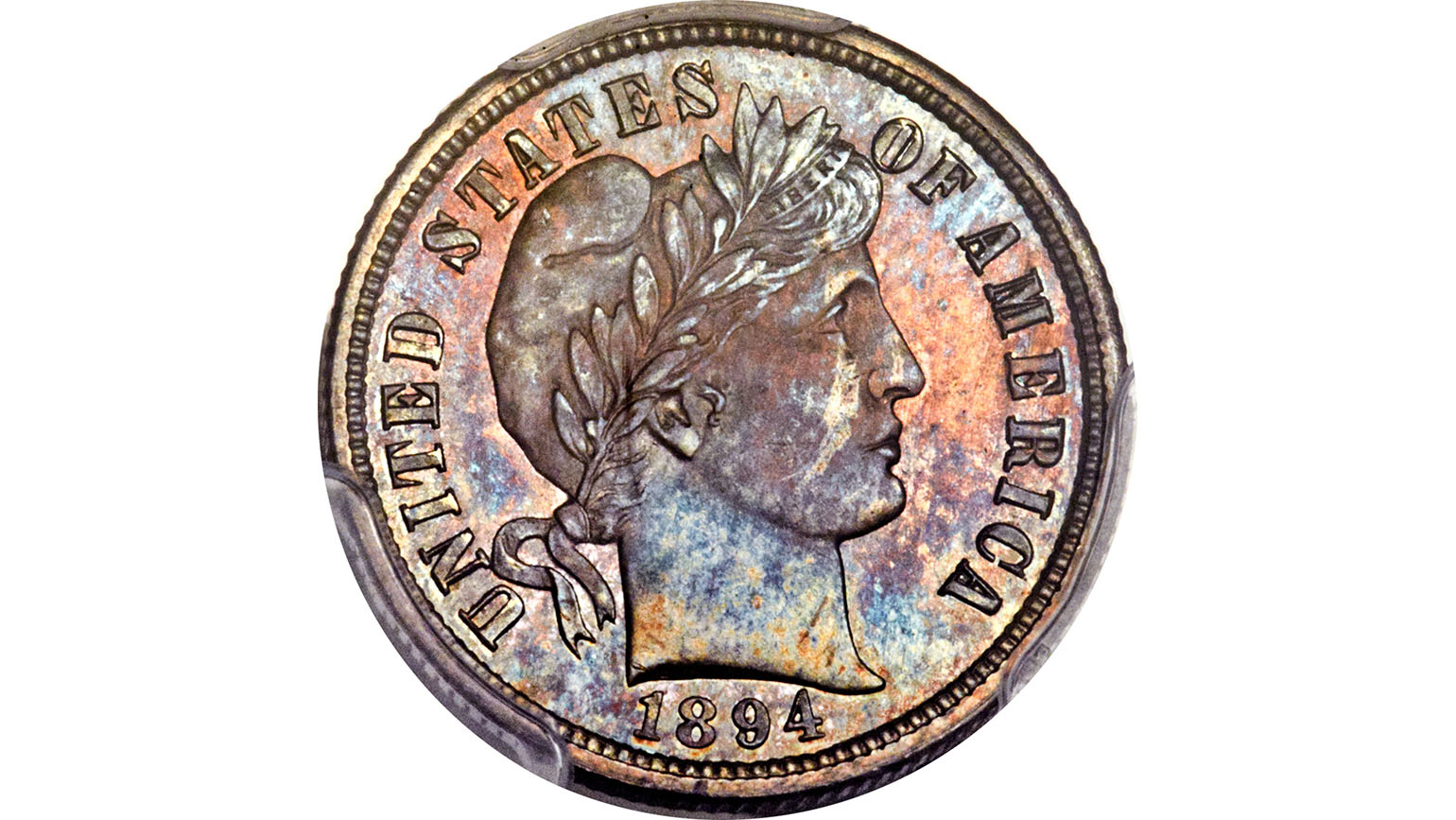
Edward Jones was the first firm to partner with the Securities Training Corporation to sponsor Series 7 prep courses at various universities in early 2015. But recently Allstate, Scottrade, Wells Fargo and Charles Schwab have also signed on to bring the exam courses to 23 universities nationwide in an effort to attract more students into the financial services industry. "The goal of this partnership is to help students pass the Series 7 exam and increase their exposure to a career as a financial advisor,” said Paul Weisman, CEO of STC. Due to the new sponsorships, the prep courses will now be available at Bennett College, Webster University, Adelphi University, University of Missouri, St. Louis, and DePaul University.
When markets plunge as they have this past week, the already loud pitch of media financial pundits kicks up to eleven. That makes it harder to convince clients that the best thing to do during times like this is absolutely nothing. Harold Pollack, the University of Chicago professor and author of The Index Card: Why Personal Finance Doesn’t Have to Be Complicated, argues in the Atlantic that the reason clients can’t find sound financial advice on television or in consumer magazines is that good advice is (or should be) too boring to attract viewers or advertisers. “There’s no particular reason, other than curiosity, for ordinary investors to examine the stock market’s performance more than once or twice a year,” he writes. "Dispensing dicey stock-market advice provides a much better financial model for business media, if not for viewers." And it’s not a new phenomenon; Pollack reminds us that in the pre-cable days, the sophisticated, sober and highly-respected father of financial television punditry, Louis Rukeyser, and guests would dispense stock tips every Friday night on the PBS show Wall Street Week - including recommendations to buy hot tech stocks in 1999. “The problem wasn't that they were swinging for the fences and missing,” he writes. “It was that they were swinging at all.” Pollack, needless to says, recommends low-cost, passively managed index funds for most investors, an option not as widely available back in Rukeyser’s day.
Divorced from the Consequences?

As they age, Baby Boomers are getting divorced with increased frequency, and that complicates retirement planning. The Center for Retirement Research at Boston College writes that the "gray divorce" rate (those over 50) doubled between 1990 and 2010 to 10 out of every 1,000 couples. Susan Brown, a sociologist at Bowling Green State University responsible for the research, estimates nearly 650,000 people over 50 got divorced in 2010 alone, approximately 25 percent of that population. A 2005 study conducted by Ohio State University researchers found divorced Baby Boomers generally had 77 percent less wealth. Most people who go through a divorce suffer “large negative financial consequences,” but Boomers are especially vulnerable to the hit as they near retirement age.

How much is a dime worth? If it's a rare 1894-S dime struck at the San Francisco mint (of which only two dozen were made) then it's worth nearly $2 million, according to CNBC. The dime, one of only nine known to still exist, was recently sold at a Tampa auction to an anonymous bidder for $1,997,500. So few were made as the country didn't need any more dimes during the 1894 recession, and this one was in near-perfect condition, according to David Hall, co-founder of Professional Coin Grading Service, of Santa Ana, Calif. Heritage Auctions, which ran the Florida United Numismatists event where the dime was auctioned off, is seeking the rest of the remaining coins, offering $10,000 to be the first to examine any previously reported, geniune contenders. "They could be in somebody's desk drawer. They could be sitting in somebody's bank box. People could look almost anywhere and they might show up," Mark Borckardt, senior numismatist at Heritage Auctions, told the Associated Press.

